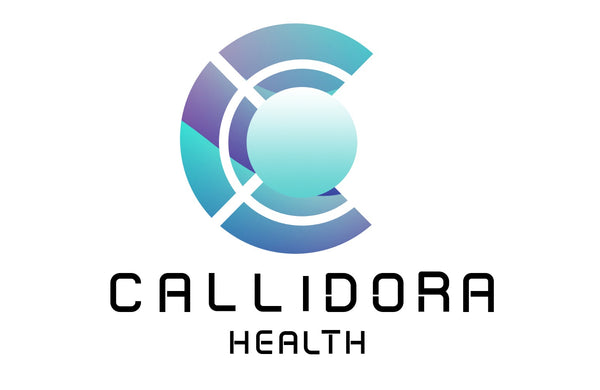In today’s fast-paced world, healthcare is rapidly evolving—and so is therapy. Traditional therapeutic methods, while effective, often fall short of addressing the diverse and complex needs of modern patients. That’s where revolutionary therapy approaches come in, blending innovation, technology, and personalized care to transform recovery experiences.
From digital health solutions to AI-powered therapy platforms, from robot-assisted rehabilitation to wearable monitoring devices, therapy is no longer confined to clinic walls. Patients now have access to care that is more personalized, accessible, and effective than ever before.
Key Innovations Transforming Therapy
1. Technology-Driven Rehabilitation
Robotics, virtual reality, and AI are making therapy interactive, measurable, and more engaging for patients. For example, VR-based rehabilitation creates immersive environments that help patients regain balance, coordination, and confidence.
2. Personalized Care Plans
One-size-fits-all approaches are being replaced with tailored therapy programs. Using advanced data analysis and patient health insights, therapists can now design plans that evolve with progress and specific needs.
3. Remote & Digital Therapy
Tele-rehabilitation has broken geographical barriers, allowing patients to access expert care from home. Online platforms provide guided exercises, progress tracking, and real-time communication with therapists.
4. Holistic Healing
Modern therapy doesn’t just focus on physical recovery—it integrates mental, emotional, and social well-being. This holistic approach ensures that patients rebuild both their strength and confidence.
Why This Revolution Matters
-
Accessibility – More people can receive care regardless of location.
-
Consistency – Technology ensures regular progress tracking.
-
Empowerment – Patients are more engaged in their own recovery journey.
-
Faster Outcomes – With precision-driven therapy, recovery times improve.
